ChatGPT Pertains to 500,000 new Users in OpenAI’s Largest AI Education Deal Yet
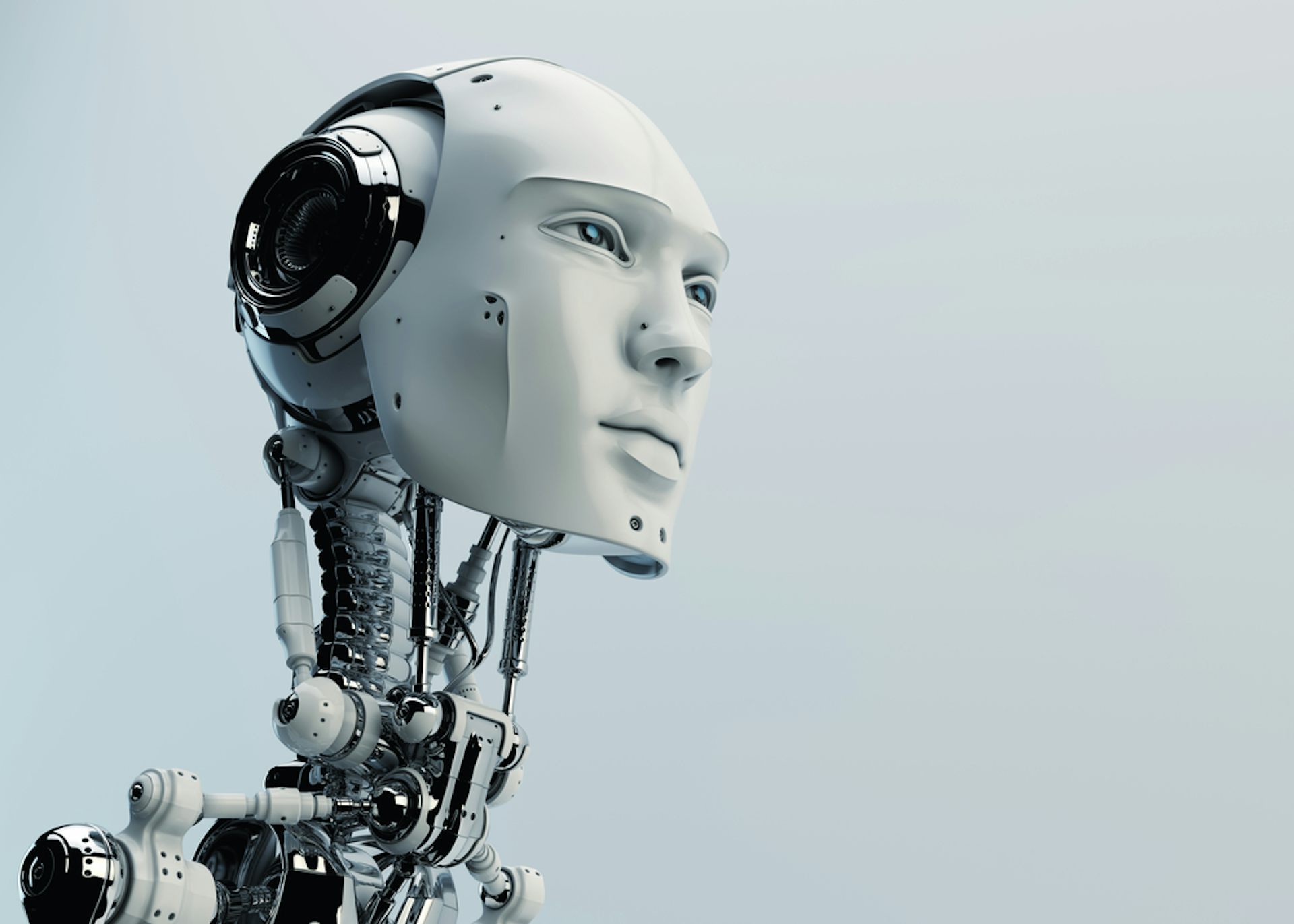
Still prohibited at some schools, ChatGPT gains a main role at California State University.
On Tuesday, OpenAI revealed plans to introduce ChatGPT to California State University’s 460,000 trainees and 63,000 professor across 23 schools, reports Reuters. The education-focused version of the AI assistant will aim to supply trainees with tailored tutoring and research study guides, while faculty will have the ability to utilize it for administrative work.
“It is important that the whole education ecosystem-institutions, systems, technologists, educators, and governments-work together to guarantee that all trainees have access to AI and gain the skills to utilize it properly,” said Leah Belsky, VP and basic manager of education at OpenAI, in a declaration.
OpenAI started integrating ChatGPT into educational settings in 2023, annunciogratis.net in spite of early issues from some schools about plagiarism and potential unfaithful, leading to early restrictions in some US school districts and universities. But over time, resistance to AI assistants softened in some academic .
Prior to OpenAI’s launch of ChatGPT Edu in May 2024-a variation purpose-built for scholastic use-several schools had actually currently been utilizing ChatGPT Enterprise, consisting of the University of Pennsylvania’s Wharton School (employer of frequent AI commentator Ethan Mollick), the University of Texas at Austin, videochatforum.ro and the University of Oxford.
Currently, the new California State partnership represents OpenAI’s largest release yet in US college.
The college market has become competitive for AI model makers, as Reuters notes. Last November, Google’s DeepMind department partnered with a London university to provide AI education and mentorship to teenage trainees. And in January, Google invested $120 million in AI education programs and plans to present its Gemini design to trainees’ school accounts.
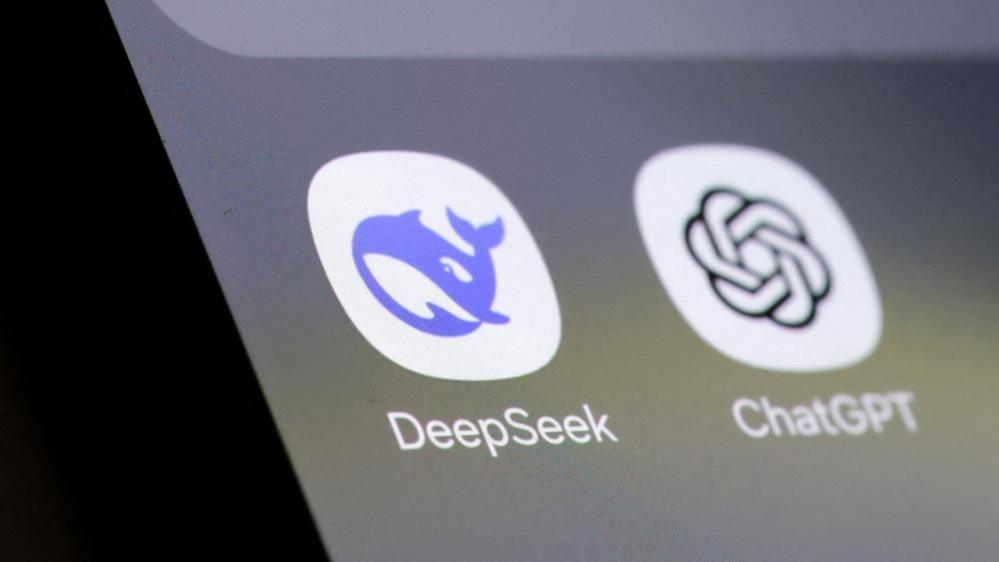
The advantages and disadvantages
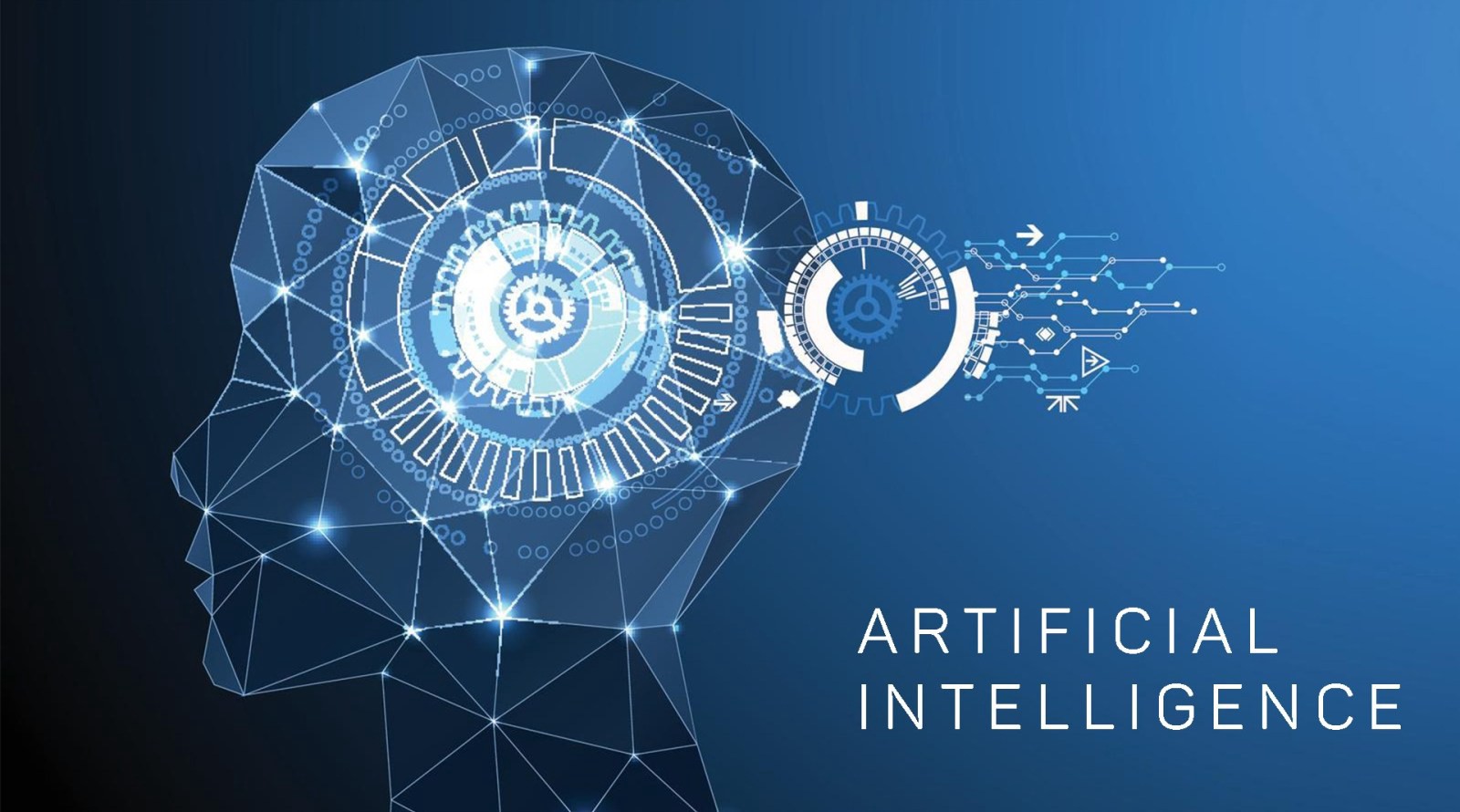
In the past, archmageriseswiki.com we’ve composed often about accuracy problems with AI chatbots, such as producing confabulations-plausible fictions-that might lead trainees astray. We’ve likewise covered the aforementioned issues about unfaithful. Those concerns remain, and relying on ChatGPT as an accurate recommendation is still not the best concept due to the fact that the service might introduce mistakes into scholastic work that might be tough to detect.
.jpg)
Still, wiki.whenparked.com some AI specialists in greater education believe that embracing AI is not a dreadful idea. To get an “on the ground” perspective, bahnreise-wiki.de we talked to Ted Underwood, a teacher of Details Sciences and English at the University of Illinois, Urbana-Champaign. Underwood typically posts on social media about the intersection of AI and college. He’s cautiously optimistic.
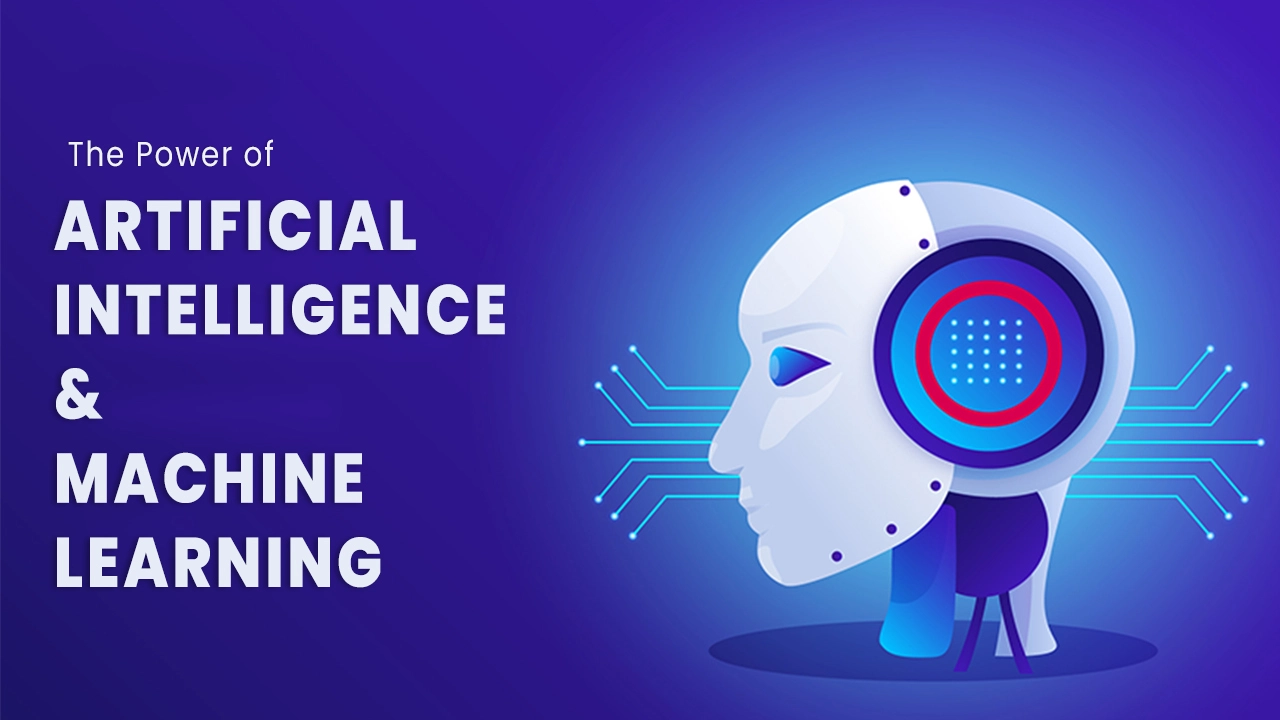
“AI can be really useful for trainees and faculty, so making sure gain access to is a genuine objective. But if universities outsource reasoning and composing to private companies, we might find that we’ve outsourced our whole raison-d’être,” Underwood told Ars. Because method, it may appear counter-intuitive for a university that teaches trainees how to believe seriously and fix issues to rely on AI designs to do a few of the believing for us.
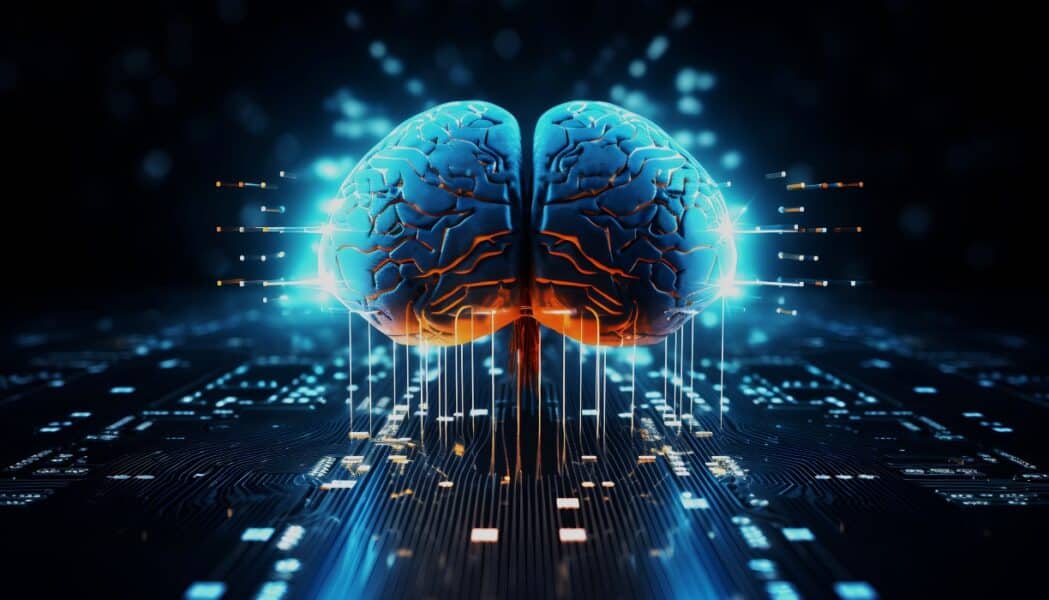
However, while Underwood believes AI can be possibly useful in education, he is likewise worried about depending on proprietary closed AI models for the job. “It’s probably time to begin supporting open source options, like Tülu 3 from Allen AI,” he said.
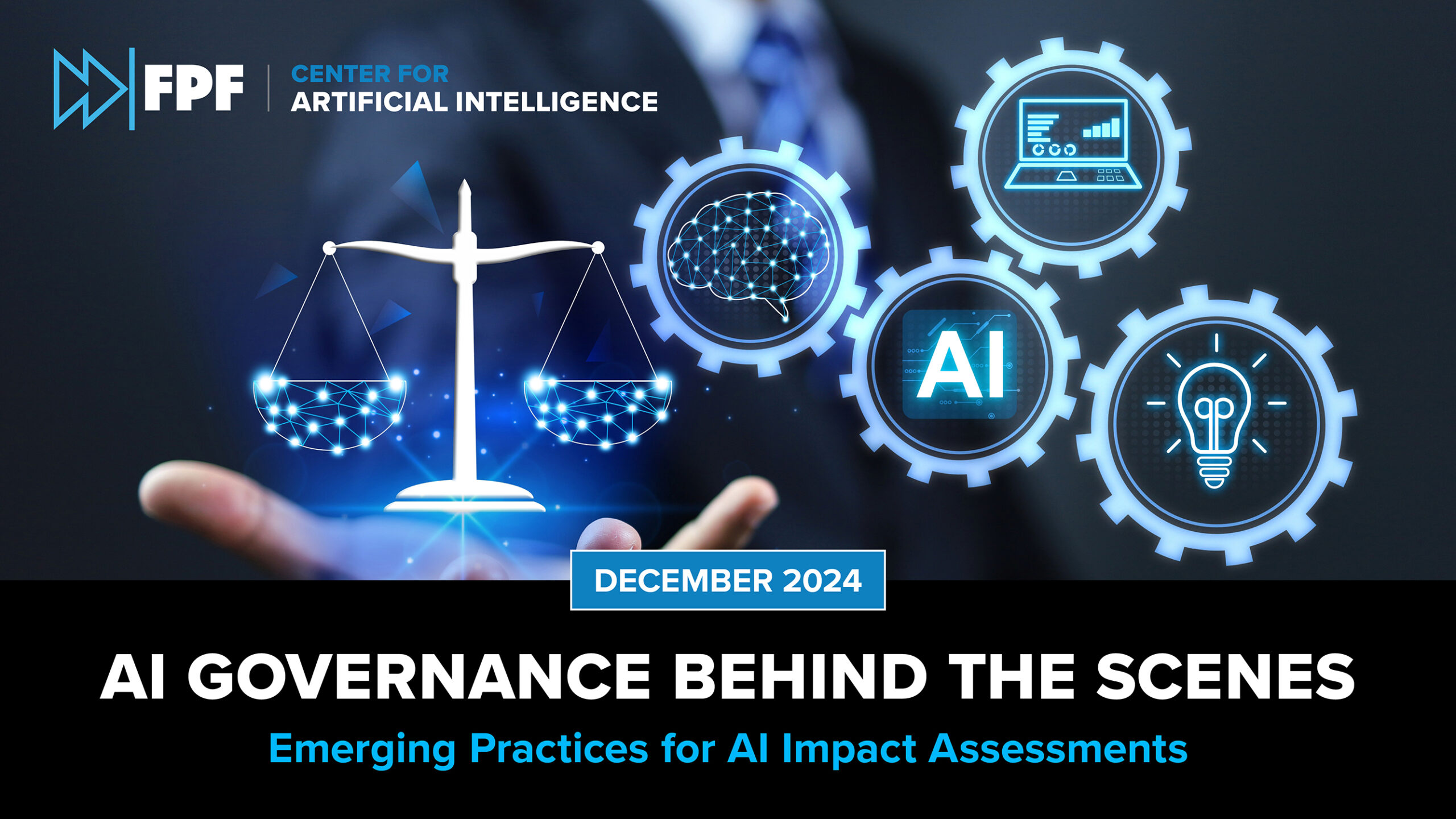
“Tülu was produced by scientists who honestly explained how they trained the model and what they trained it on. When models are developed that method, we understand them better-and more significantly, they end up being a resource that can be shared, like a library, rather of a mysterious oracle that you need to pay a charge to use. If we’re attempting to empower trainees, that’s a much better long-term course.”
In the meantime, AI assistants are so new in the grand scheme of things that relying on early movers in the area like OpenAI makes sense as a convenience relocation for universities that desire total, ready-to-go industrial AI assistant solutions-despite potential accurate downsides. Eventually, open-weights and open source AI applications might gain more traction in higher education and offer academics like Underwood the openness they look for. When it comes to mentor trainees to responsibly utilize AI models-that’s another issue totally.


